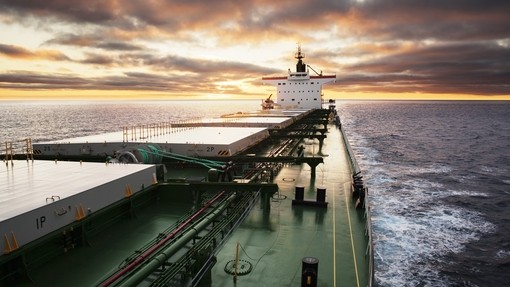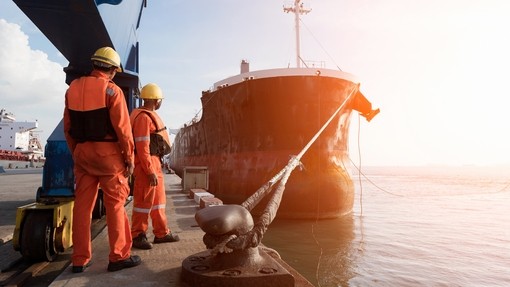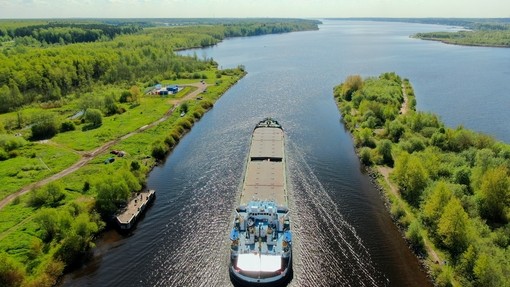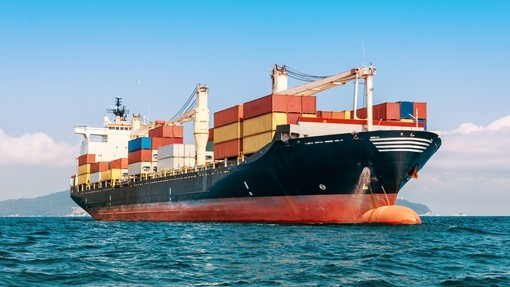ING Bank N.V. -v- M/V “TEMARA” et al
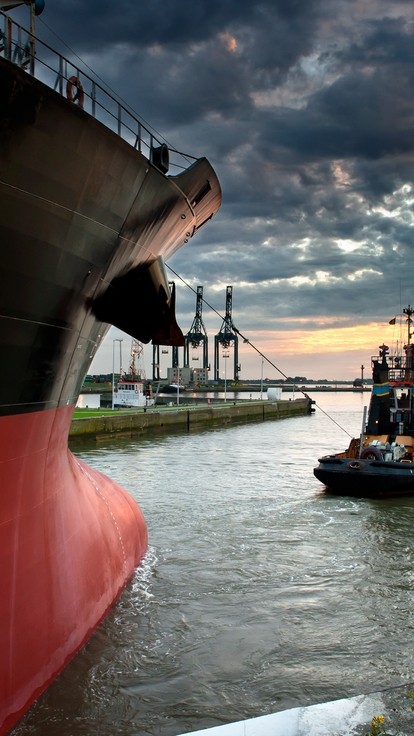
Details
In a recent case before the US District Court for the Southern District of New York, District Judge Forrest held that O.W. Bunkers did not possess a maritime lien over bunkers supplied to various ships because it had not ‘provided’ the bunkers.
Factual background
The judgment consolidated five separate cases with broadly similar facts. In each case, ING Bank N.V. (ING) had asserted rights to amounts due and payable to O.W. Bunker & Trading A/S (O.W. Bunkers) for the provision of bunkers to a number of vessels, namely: M/V “TEMARA”, M/V “VOGE FIESTA”, M/V “OCEAN HARMONY”, M/V “MARITIME KING”, and M/V “JAWOR”.
The two issues before the court were:
- whether O.W. Bunkers had a maritime lien over the bunkers supplied to the vessels; and
- whether O.W. Bunkers had validly assigned to ING its right to receive any monies due pursuant to such liens.
There was a core set of undisputed facts common to each case. The charterer of each of the vessels placed orders with O.W. Bunkers to provide bunkers. O.W. Bunkers placed orders with its own regional subsidiaries (although the precise nature of any agreement between the O.W. entities is unclear) - which in turn placed orders with physical suppliers. In each case the physical supplier was not paid by O.W Bunkers (O.W. Bunkers having gone into bankruptcy) and O.W. Bunkers was not paid by the respective charterers.
Legal issues
The court focused on the statutory scheme governing maritime liens under US law, the Commercial Instruments and Maritime Lien Act (CIMLA). This set out the test for establishing what the court termed ‘the extraordinary remedy’ of a maritime lien. Any party claiming a maritime lien against a vessel had to show:
- it provided necessaries
- to a vessel
- upon the order of the owner of the vessel or a person authorised by the owner
Each of the three component parts had to be established. In the present case the latter two features of the test were not in question. Nor was the fact that bunkers constituted ‘necessaries’. The judgment instead focussed on what the term ‘provided’ meant under CIMLA. This was the ‘key issue’ in determining whether O.W. Bunkers had a maritime lien. The judgment questioned whether O.W. Bunkers, steps removed from the physical possession of bunkers and never having had a tangible financial risk with regard to them, could be deemed to have ‘provided’ them.
Although the term ‘provided’ was not defined within the statute, District Judge Forrest held that, in light of relevant case law and statutory intent, it ‘clearly embodied a concept of payment protection for an entity that had put itself at financial or other risk in providing necessaries to vessels.’ The potential lien holder had to have accomplished an act and, in the present case, the mere receipt and confirmation of a sales order was not enough.
District Judge Forrest went on to consider the statute’s overarching purpose. In short, it was established to facilitate maritime trade by ensuring that people who serviced vessels had an efficient way of demanding reimbursement for their labour thereby ensuring the necessary services were provided to vessels to keep them operational. Maritime liens were ‘created to provide protection, not enable a windfall.’
The judge was not satisfied that O.W. Bunkers took on any risk in connection with providing necessaries: it did not provide the physical supplies, nor did it pay any of the suppliers that did. Accordingly, O.W. Bunkers had no right to a maritime lien and the issue of whether any right had been validly assigned did not fall to be considered. ING’s claim was therefore dismissed.
Comment
The decision goes against a prior US ruling which found that ING Bank was entitled to a lien, and will therefore provide encouragement to ship owners and bunker buyers. The case is also a useful reminder that US maritime liens are ‘creatures of statute – and if the statutory requirements are not met, then a lien does not exist.’
It is interesting to note that the Court suggested that had O.W. Bunkers paid the physical supplier the case might have been decided differently.
The decision also served as a reminder that the provision of necessaries does not always give rise to a US maritime lien. In other words, it is not the case that some entity (whether O.W. Bunkers or the physical suppliers) will always have a maritime lien if necessaries are provided to a vessel.
It is understood that ING recently filed an appeal of District Judge Forrest’s ruling to the Second Circuit Court of Appeals and that it could be late next year before the appeal is decided.
This article original appeared in the December 2016 edition of shipping case digest. Other articles include:
Volcafe & others -v- CSAV [2016] EWCA Civ 1103
The “ATLANTIK CONFIDENCE” [2016] EWHC 2412 (Admlty)
Regulus Ship Services PTE Ltd -v- Lundin Services BV [2016] EWHC 2674 (Comm)



